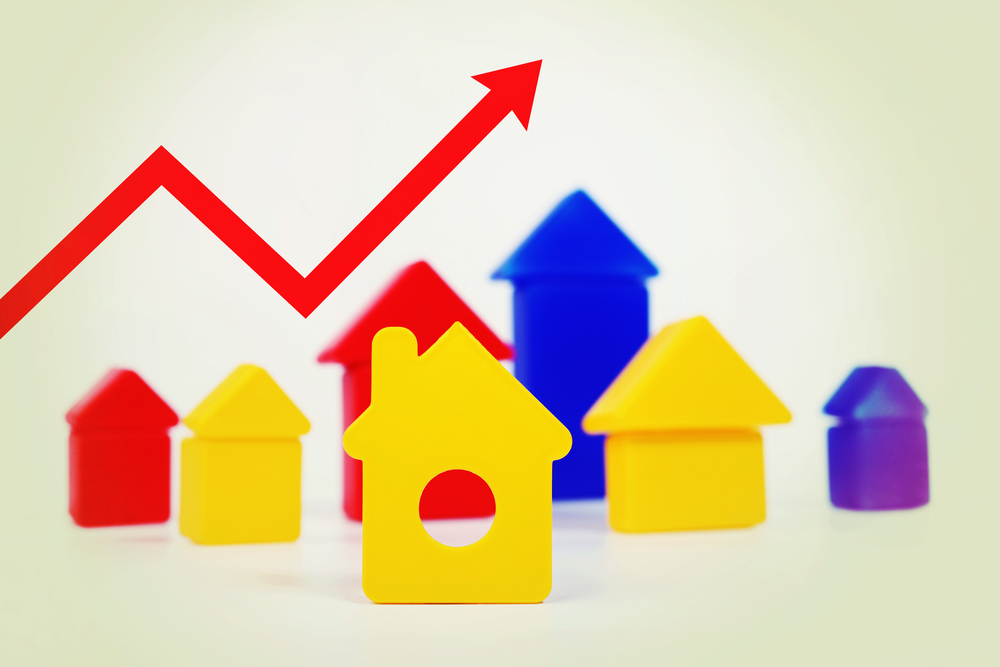House price growth picked up in September, suggesting stability is returning to the market following last year’s Brexit vote. Average property have increased by £11,000 in the year to September, new figures show. According to data the Office for National Statistics, house prices rose by 5.4% in the year to September, up from 4.8% in […]
 House price growth picked up in September, suggesting stability is returning to the market following last year’s Brexit vote.
House price growth picked up in September, suggesting stability is returning to the market following last year’s Brexit vote.
Average property have increased by £11,000 in the year to September, new figures show.
According to data the Office for National Statistics, house prices rose by 5.4% in the year to September, up from 4.8% in August.
This took the average price of a property up to £226,000.
Homeowners used to seeing annual growth of around 8% each year have seen this figure drop to around 5% since the EU referendum.
Jeremy Duncombe, director of Legal & General Mortgage Club, said: “With house prices estimated at 7.6 times the average annual salary, for the majority of would-be first-time buyers the prospect of affording their own home is not a near possibility, leaving them forced to rent for longer to save a deposit.
“With housing set to be a key area for the Autumn Budget, we hope to see a real push from the Government to address the chronic issues in the market.”
The North West showed the highest annual growth, with prices increasing by 7.3% in the year to September.
This was followed by the South West at 6.6% and the East Midlands at 6.4%.
The lowest annual growth was in London, where prices increased by 2.5% over the year, followed by the North East at 4.4%.
The main contribution to the increase in UK house prices came from England, where house prices increased by 5.7% over the year to September, with the average price now at £244,000.
In Wales, house prices have increased by 5.3% over the last year to stand at £153,000, while in Scotland, the average price went up by 3.1% to hit £145,000. The average price in Northern Ireland currently stands at £132,000, an increase of 6.0% over the year.
Alex Gosling, CEO of online estate agents HouseSimple.com, said: “The market needs a serious energy boost from somewhere, and the Chancellor has the opportunity to do just that next week.
“Housing, and specifically the issue of a broken stamp duty system, should be at the top of his Autumn Budget priority fix list.
“Fortunately, last week’s interest rate rise has been absorbed with very little drama. Buyers and sellers haven’t adversely reacted to the rate rise, probably because they have been used to rates at 0.5% for eight years and the Bank of England simply returned the base rate to that level.
“It could be an entirely different story if rates started to creep up and the competitive mortgage rates that consumers have been enjoying for some time now are withdrawn en masse.”
According to the latest Halifax House Price Index, annual house prices rose 4.5% in the three months to October, taking the average price up to £225,826 – the highest on record and 2.8% higher than in January.
Nationwide reported that annual house prices ticked up 2.5% in October, although the squeeze on incomes is weighing on confidence.
Despite fears of a downward spiral in property prices, most experts believe the chronic under-supply of housing combined with low interest rates means a major downturn or collapse in the market is unlikely.
“Limited stock and high demand continues to drive annual house price growth, and it’s only making home ownership a more exclusive club,” said Duncombe.














